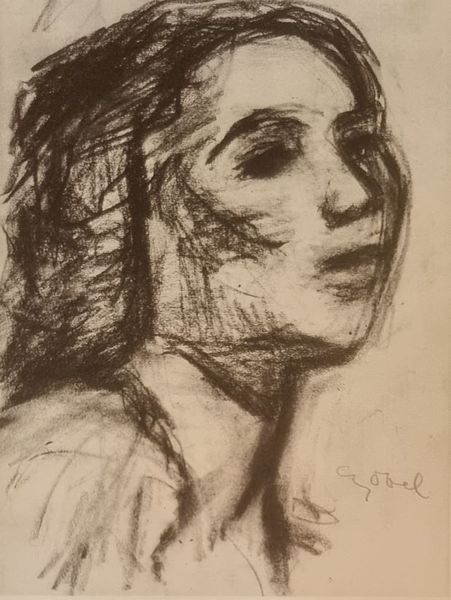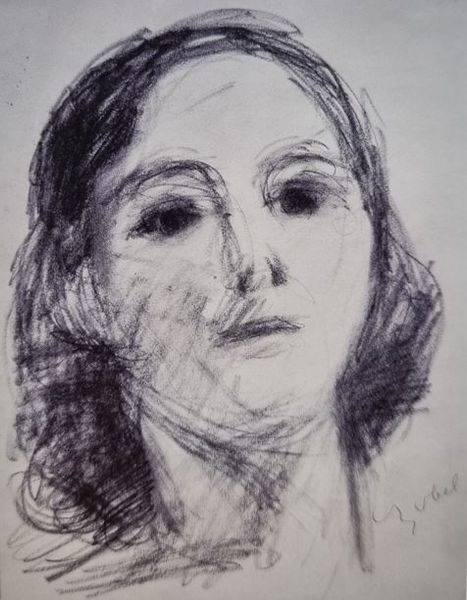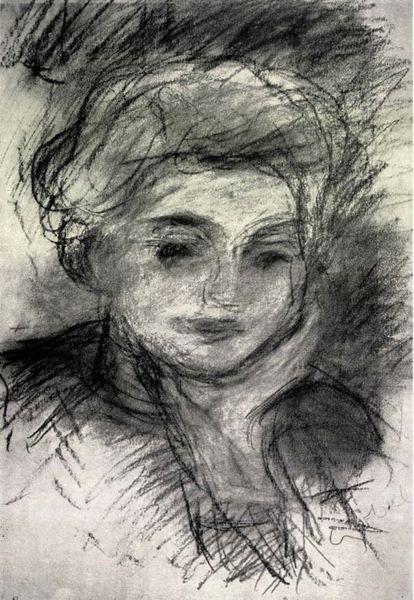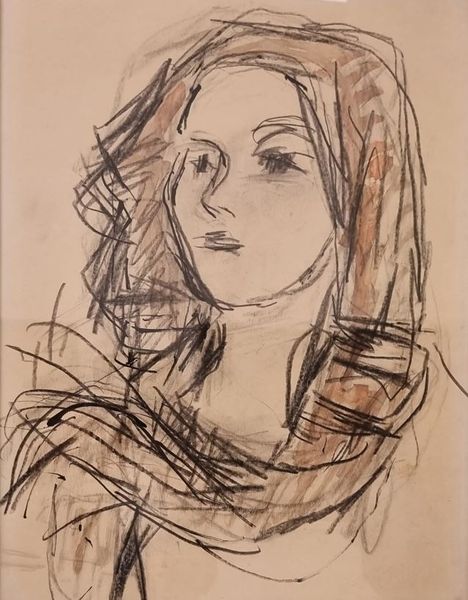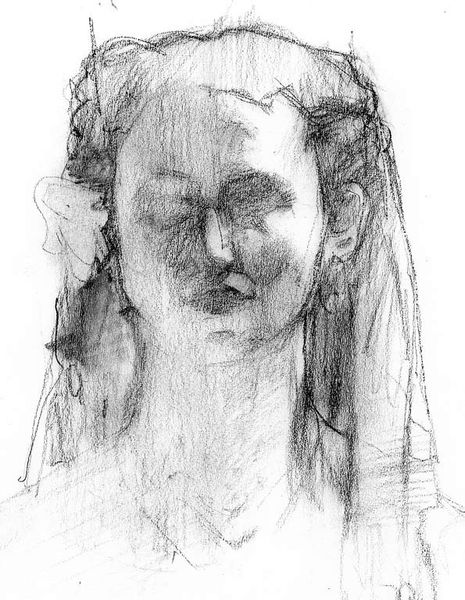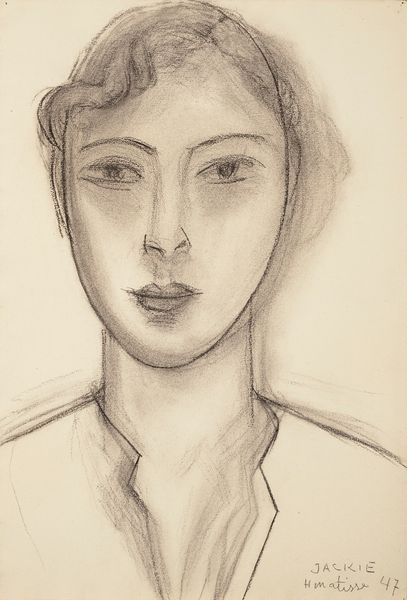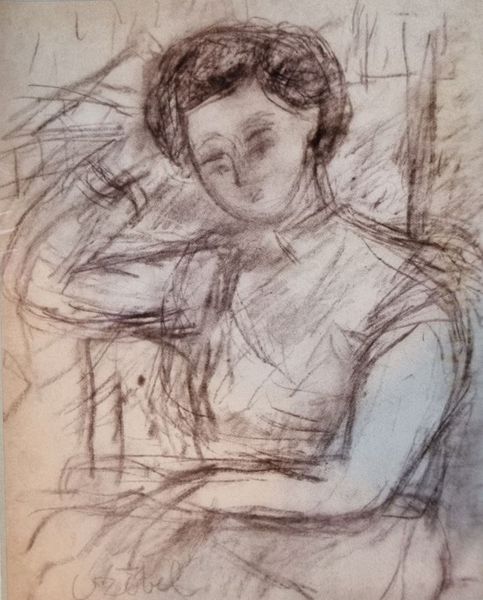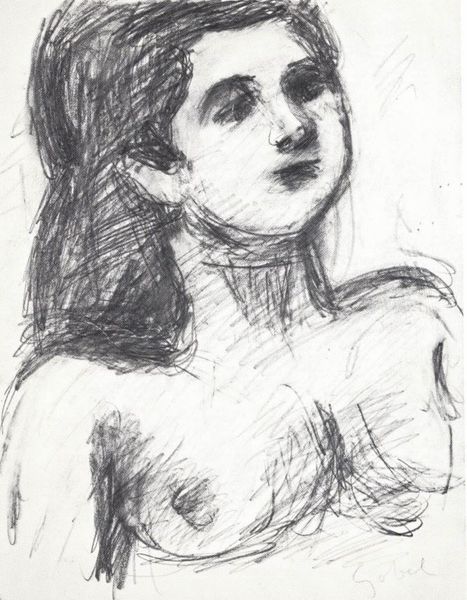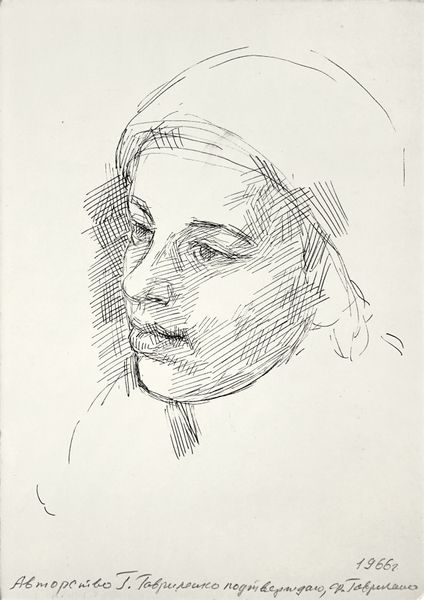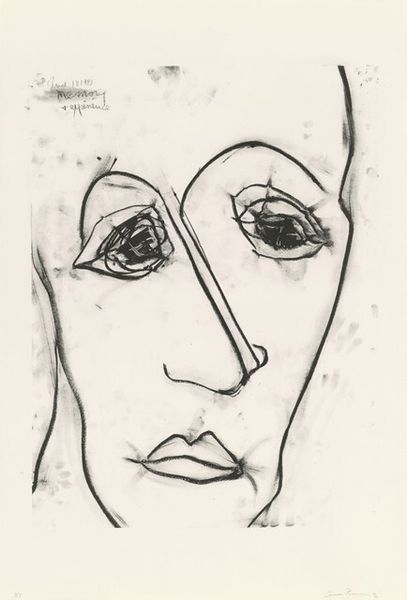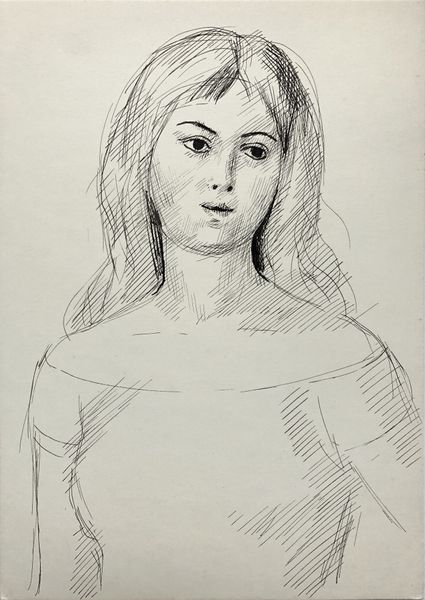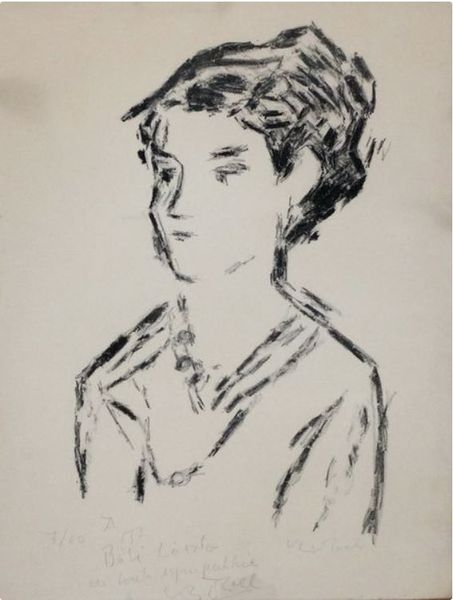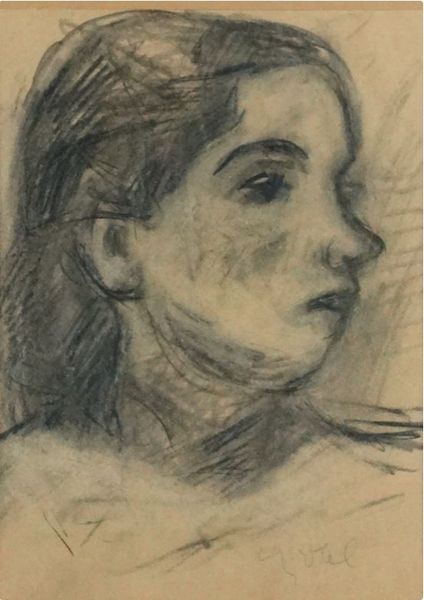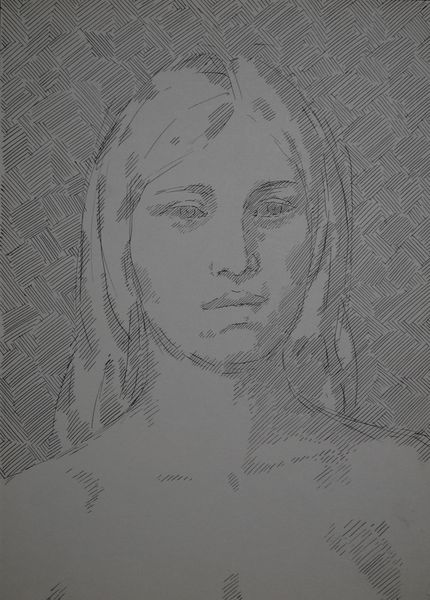
drawing, pencil
#
portrait
#
pencil drawn
#
drawing
#
amateur sketch
#
facial expression drawing
#
light pencil work
#
self-portrait
#
pencil sketch
#
figuration
#
portrait reference
#
pencil drawing
#
pencil
#
expressionism
#
limited contrast and shading
#
portrait drawing
#
pencil work
Copyright: Bela Czobel,Fair Use
Editor: Here we have "Czobel Women Head Drawing 1930" by Bela Czobel, a pencil drawing that feels almost unfinished, like a fleeting impression. What stands out to you about this piece? Curator: What grabs my attention is how the sketch emphasizes the gaze. Considering this work was created in 1930, within a rapidly changing socio-political landscape, what power dynamics might be at play here? Do you feel like the gaze is confrontational, inviting, or something else entirely? Editor: I see a kind of weariness in the eyes. Maybe vulnerability? Curator: Exactly. And vulnerability, particularly when representing women, is so often framed by societal expectations. Think about the prevailing image of women in art at that time. Is Czobel challenging that? Is he imbuing this subject with a sense of inner life that subverts the male gaze? How does that impact its reception and, perhaps, its message? Editor: So, it’s less about just a face, but about reflecting the inner experience of women during a specific historical moment. Curator: Precisely. This portrait could be seen as a quiet act of resistance. By capturing a sense of interiority, Czobel resists objectification, asserting a subjective truth that challenges conventional portrayals of women. It pushes us to ask: Whose gaze are we prioritizing, and whose stories are being told? Editor: That gives me a lot to consider, and a deeper appreciation for how much historical context shapes our reading of a work of art. I’ll never see a "simple portrait" again! Curator: And that is the point – to challenge assumptions and foster a richer, more nuanced understanding. Always ask: "What stories is this artwork pushing to the surface?"
Comments
No comments
Be the first to comment and join the conversation on the ultimate creative platform.
